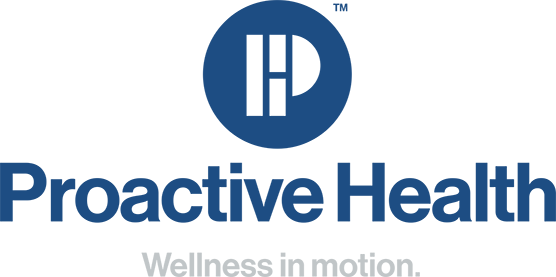Physiotherapy For Heart Conditions
Treating Conditions Like Chronic Heart Disease with Cardiovascular Physiotherapy
Introduction
Understanding Chronic Heart Disease
Chronic heart disease encompasses a variety of cardiovascular conditions that persist over time, including coronary artery disease, heart failure, and arrhythmias. Managing these conditions effectively requires a comprehensive approach that combines medical treatment with lifestyle modifications and rehabilitative therapies.
The Role of Cardiovascular Physiotherapy in Heart Disease
Cardiovascular physiotherapy plays a crucial role in the holistic management of heart disease. It involves tailored exercise programs and lifestyle guidance to enhance cardiac function and overall quality of life. Learn more about how Physiotherapy can aid in the recovery and management of heart disease.
Core Principles of Cardiovascular Physiotherapy
Objectives of Cardiovascular Physiotherapy
The primary objectives of cardiovascular physiotherapy are to improve the efficiency of the heart and the physical health of the patient, reduce symptoms, and increase activity levels safely.
Key Techniques and Exercises
Aerobic Conditioning: Vital for improving cardiovascular health and increasing endurance.
Strength Training: Helps to build muscle strength, which is important for overall body support and function.
Flexibility and Stretching: Essential for maintaining muscle elasticity and joint range of motion, thus preventing injuries.
Benefits of Physiotherapy for Chronic Heart Disease
Improving Cardiac Efficiency
Cardiovascular physiotherapy improves the heart's ability to pump blood efficiently, reducing the burden on the heart muscle and improving circulation.
Enhancing Physical Stamina and Well-being
Regularly engaging in supervised exercise programs can significantly enhance stamina, reducing fatigue and improving energy levels.
Psychological and Emotional Benefits
The support and guidance provided by physiotherapists can also help patients deal with the psychological strains of living with chronic heart conditions.
Implementing Cardiovascular Physiotherapy
Assessment and Customized Plan Creation
Initial Assessment Techniques: Involves evaluating the patient’s current heart health, physical capabilities, and medical history.
Tailoring Therapy to Individual Needs: Customized treatment plans are developed to meet the specific needs of each patient, incorporating various Active Rehab techniques.
Typical Regimens and Protocols
Example of a Standard Rehab Session: Includes a combination of aerobic exercises, strength training, and flexibility routines.
Progress Monitoring and Adjustments: Continuous monitoring to assess progress and make necessary adjustments to the regimen.
Challenges in Cardiovascular Physiotherapy
Common Obstacles in Treatment
Dealing with the variability of patient response to therapy and the complexity of heart diseases can pose significant challenges.
Addressing Patient Non-Compliance and Other Issues
Strategies to improve patient adherence to prescribed therapy regimens, essential for effective treatment outcomes.
FAQs: Addressing Common Queries
What does a physiotherapist do for heart disease?
A physiotherapist designs personalized exercise programs to improve heart function and overall health.
What is the best treatment for heart disease?
While treatment varies by condition, comprehensive care often includes physiotherapy alongside medical interventions.
What is the rehabilitation of patients with cardiovascular disease?
It involves structured exercise, education, and support to help patients regain strength and prevent future heart problems.
Can you live a long life with CAD?
With proper management, including lifestyle changes and Kinesiology, many patients live long, productive lives.
For personalized care and the latest in diagnostic tools in physiotherapy, consider booking an appointment with Proactive Health. Our comprehensive services include Physiotherapy, Registered Massage Therapy, Kinesiology, Fascial Stretch Therapy, Active Rehab, and Bodyworker sessions.
Your path to recovery, tailored to your unique needs, is just one step away! BOOK NOW

